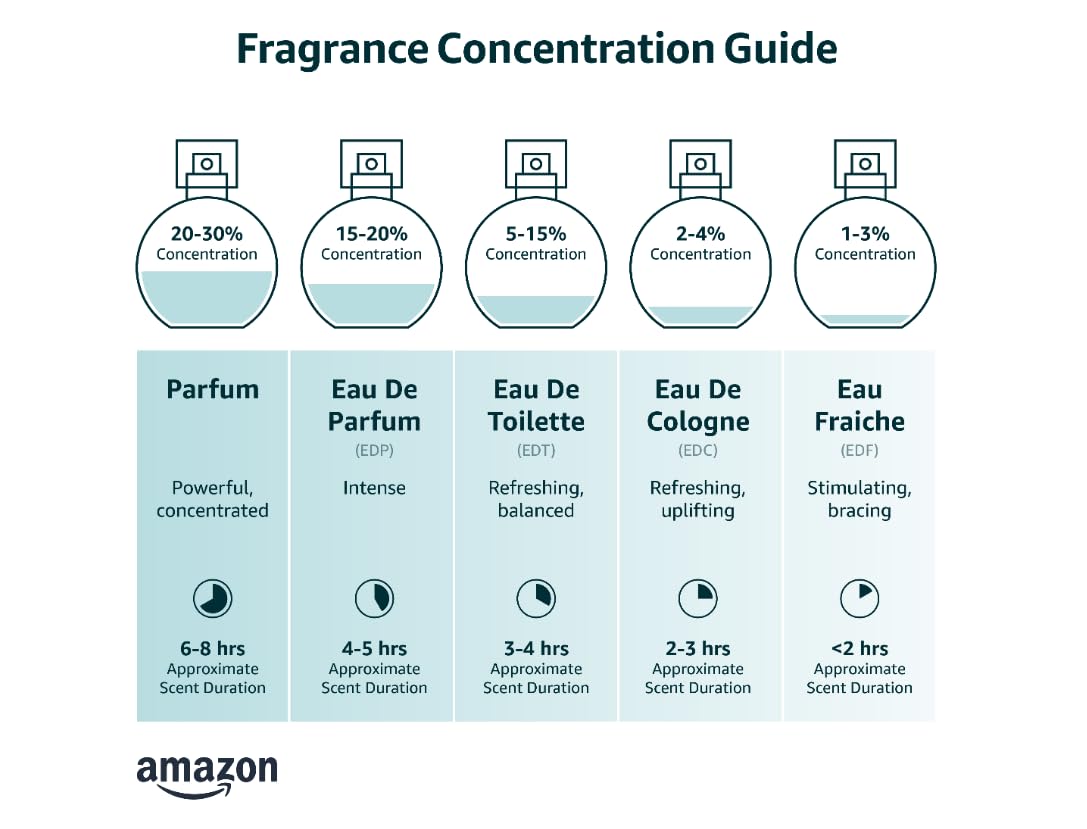Price
Shop / guerlain perfume for men
Imperiale by Guerlain Eau De Cologne Spray 3.4 oz
The current global economic landscape is characterized by a high degree of interconnectedness, with national economies becoming increasingly interdependent. This interdependence has given rise to both opportunities and challenges, as the actions and policies of one country can have far-reaching implications for others. One of the most significant economic developments of recent times has been the rapid growth of emerging economies, particularly in Asia, which have become major players on the global stage.
The emergence of these economies has had a profound impact on the traditional power dynamics of the international economic system. As these countries have gained economic strength, they have sought to assert their interests and influence on a wider range of issues, from trade and investment to geopolitics and global governance. This shift in the balance of economic power has led to increased competition and tension between established and emerging economies, as they vie for influence and resources.
At the same time, the globalization of trade and investment has created new opportunities for businesses and consumers around the world. The lowering of trade barriers and the expansion of global supply chains have enabled companies to access new markets and sources of labor and raw materials, leading to increased efficiency and productivity. However, this process has also brought about its own set of challenges, such as the outsourcing of jobs, the disruption of traditional industries, and concerns over labor and environmental standards.
In response to these developments, policymakers and international organizations have sought to develop new frameworks and mechanisms for global economic governance. This has included efforts to reform and strengthen existing institutions, such as the World Trade Organization (WTO) and the International Monetary Fund (IMF), as well as the creation of new multilateral frameworks, such as the G20 and the Belt and Road Initiative.
Despite these efforts, the global economy continues to face a range of significant challenges, including growing inequality, climate change, and the ongoing impact of the COVID-19 pandemic. These challenges require a coordinated and comprehensive response from governments, businesses, and civil society, as well as a renewed commitment to international cooperation and multilateralism.
As the world navigates these turbulent times, the need for effective global economic governance has never been more pressing. By working together to address these challenges, the international community can build a more equitable, sustainable, and resilient global economy that benefits all.
product information:
| Attribute | Value | ||||
|---|---|---|---|---|---|
| package_dimensions | 5.83 x 3.07 x 2.83 inches; 3.4 ounces | ||||
| best_sellers_rank | #481,146 in Beauty & Personal Care (See Top 100 in Beauty & Personal Care) #1,754 in Men's Cologne | ||||
| customer_reviews |
|













